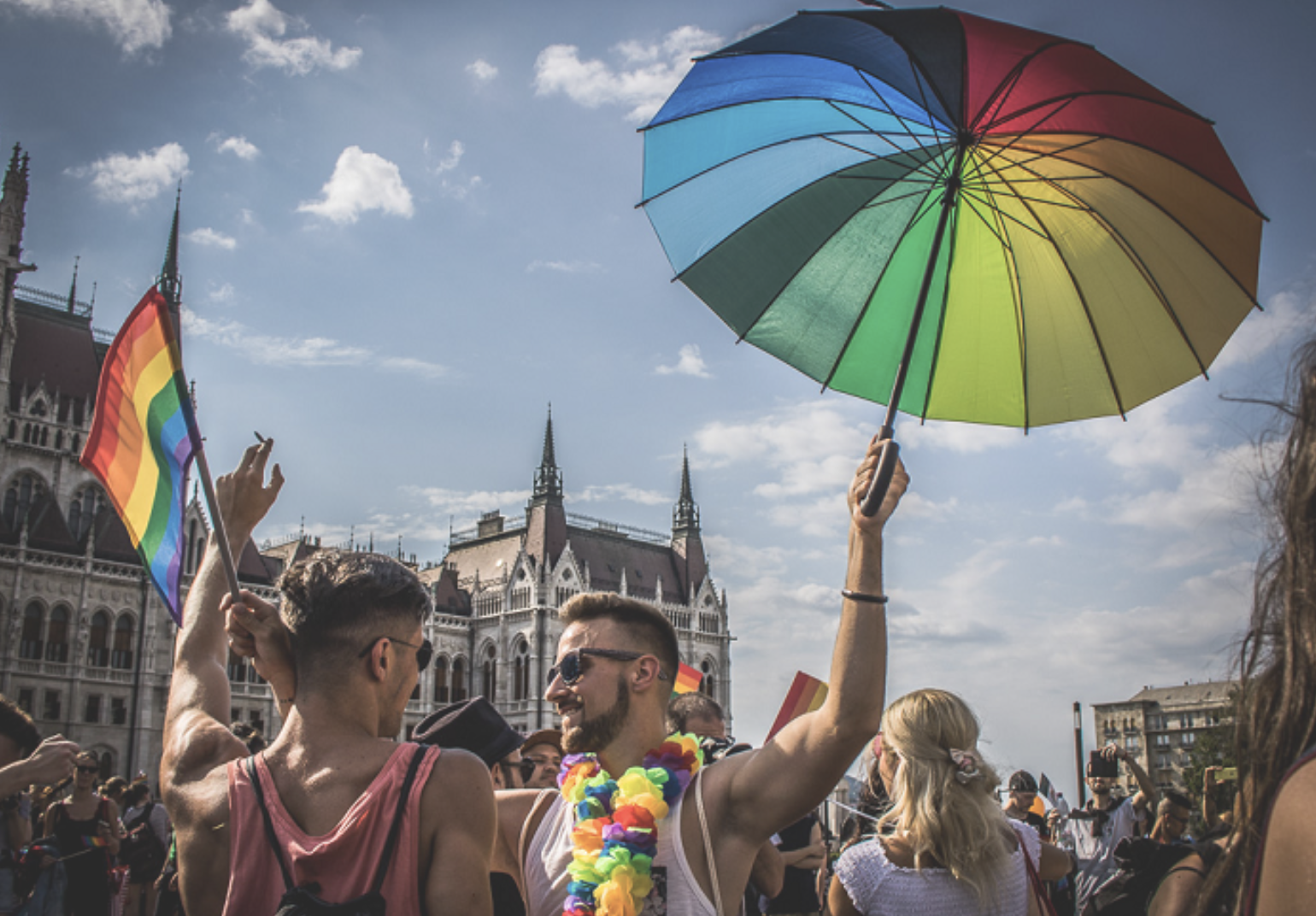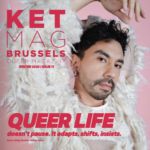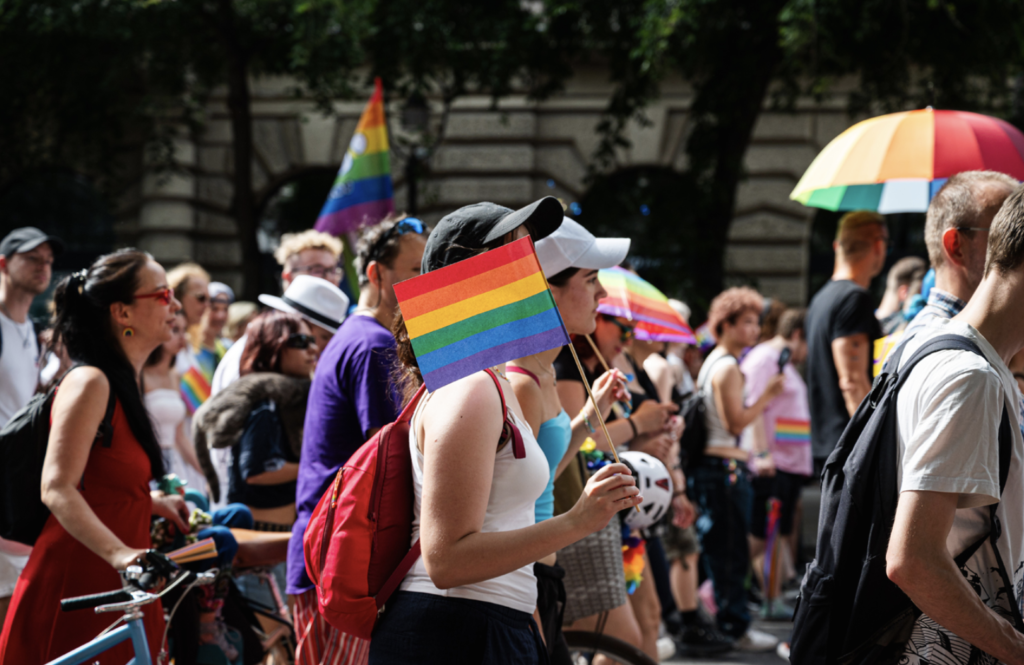Hungary has officially banned Budapest’s Pride, passing a bill that equates any public display or “promotion” of homosexuality with harm to minors. But the move is not just symbolic—it comes with teeth. Authorities are now empowered to use facial recognition technology to retroactively identify and fine not only organisers but anyone who dares to show up.

Participation in the now-illegal march could result in penalties of up to 200,000 forints (approx. €500). No on-site police check is required: public surveillance cameras will do the job, scanning crowds and matching faces to Hungary’s national photo registry. What was once a tool for serious crimes can now be used against someone who simply joined a peaceful LGBTQ+ gathering.
This system, initially framed as child protection, is in fact a sweeping expansion of state surveillance. Legal changes now allow this technology to be used for minor infractions—littering, jaywalking, public urination—creating a chilling precedent where basic rights are eroded under the guise of order.
But maybe this is exactly why now is the time to show up. If Hungary wants to intimidate and isolate queer people, what better answer than a pan-European wave of solidarity? Imagine thousands of us marching in Budapest, overwhelming their cameras and turning fear into resistance.
Let them try to scan us all.
You may also like
-

Bad Bunny Makes Grammys History — and Turns the Stage Into a Political Movement
It was a night that rewrote the rules of pop culture — in Spanish. At
-

Bright Brussels Festival celebrates its 10th anniversary
Bright Brussels Festival is already celebrating its 10th edition, confirming its status as one of
-

Love Wins at FC Köln: Referee Proposes to His Partner on the Pitch
German referee Pascal Kaiser turned a regular football match in Cologne into a moment of
-

UP Festival: “BELLO!” – When Beauty Meets Acrobatic Irony
What is beauty—and who decides what qualifies? That’s the central question tackled by Fabbrica C, the
-

The New KET Is Out: Queer Brussels Keeps Moving
KET Magazine Issue 11 is out now and available in LGBTQIA+ safe spaces across Brussels,

